0 Comments
Following our virtual keynote event launching The Reproductive Righteousness Project, organizers of the project hosted a symposium at which over a dozen feminist scholars presented papers on right-wing movements around the world. Check out the amazing lineup of presenters and discussants.
The Reproductive Righteousness Project is a new initiative launched to explore the ways in which families, fertility, and reproduction have become increasingly important discursive moral devices through which right-wing populist leaders invoke the threat of national, social, and cultural decline. Our global feminist collaboration examines the elemental role of reproductive politics in the ascension of illiberal movements around the world. If you missed the virtual international feminist symposium on "Reproductive Righteousness and the Alt-Right State," you can watch it in full here. This project is co-led by me, Lea Taragin-Zeller, and Sarah Franklin.
It was a treat to share anthropological insights on embryo disposition to clinicians at OHSU specializing in fertility medicine and mental health. Thank you for your work and chance to engage with practitioners!
After delivering a talk in this seminar series last September, I had a conversation with the seminar's co-organizer, Johanna Schoen, which became a podcast! To hear us discuss the politics and practices concerning frozen human embryo left over from in vitro fertilization procedures in the United States, of which there are over a million and growing, as well as to hear other conversations from seminar series participants, listen on:
https://rcha.rutgers.edu/current-project/podcast Guest Speaker in Dr. Daisy Deomampo's "Reproductive Technologies" course at Fordham University11/24/2020 While not teaching this academic year due to research leave, I've enjoyed zooming into classes with engaging undergrads. Dr. Deompampo's course "Reproductive Technologies" is one I'd love to teach myself one day! Students read some published pieces on race & racism in "embryo adoption," and we had a casual seminar-style conversation. Thanks for welcoming me into your class and for sharing your thoughts so generously!
We had fun! I enjoyed zooming into Dr. Valdez's course on "Bodies" to talk with students about a chapter-in-progress from my book manuscript. They were engaged and had provocative questions and comments. Thanks for letting me share my work with you!
Sophie Bjork-James (Vanderbilt) and I co-authored the essay 'Which Lives Matter? Pro-Life Politics during a Pandemic' for the Medical Anthropology Quarterly Critical Care blog series, which focuses on the upcoming general election. Our first draft of this essay, submitted on Sept 11, reported 176,000 COVID deaths in America. Three weeks later, we had to update the number to over 200,000. All under the leadership of America's most 'pro-life' President.
As anthropologists of reproductive politics and white evangelical Christians in the United States, we are aware of the power of "saving" rhetoric among the pro-life advocates. We live in Southern and Midwest states, respectively, where COVID rates are surging, our universities deem in-person teaching a "duty," and our elected officials are extremely hostile to reproductive rights and justice. This essay examines what pro-life has come to mean during this pandemic. For those who watched the first presidential debate tonight, the future of abortion rights, systemic racism, and ‘law and order’ rhetoric were all major topics of discussion. They also figure centrally in explaining what ‘pro-life’ means in American politics these days. Check out our take here. Thank you to the series editor Amber Benezra for inviting us to contribute!
Learn more about the Life/Death seminar here and the broad range of scholars participating in the ongoing conversation. Thanks again!
|
Archives
November 2023
Categories |
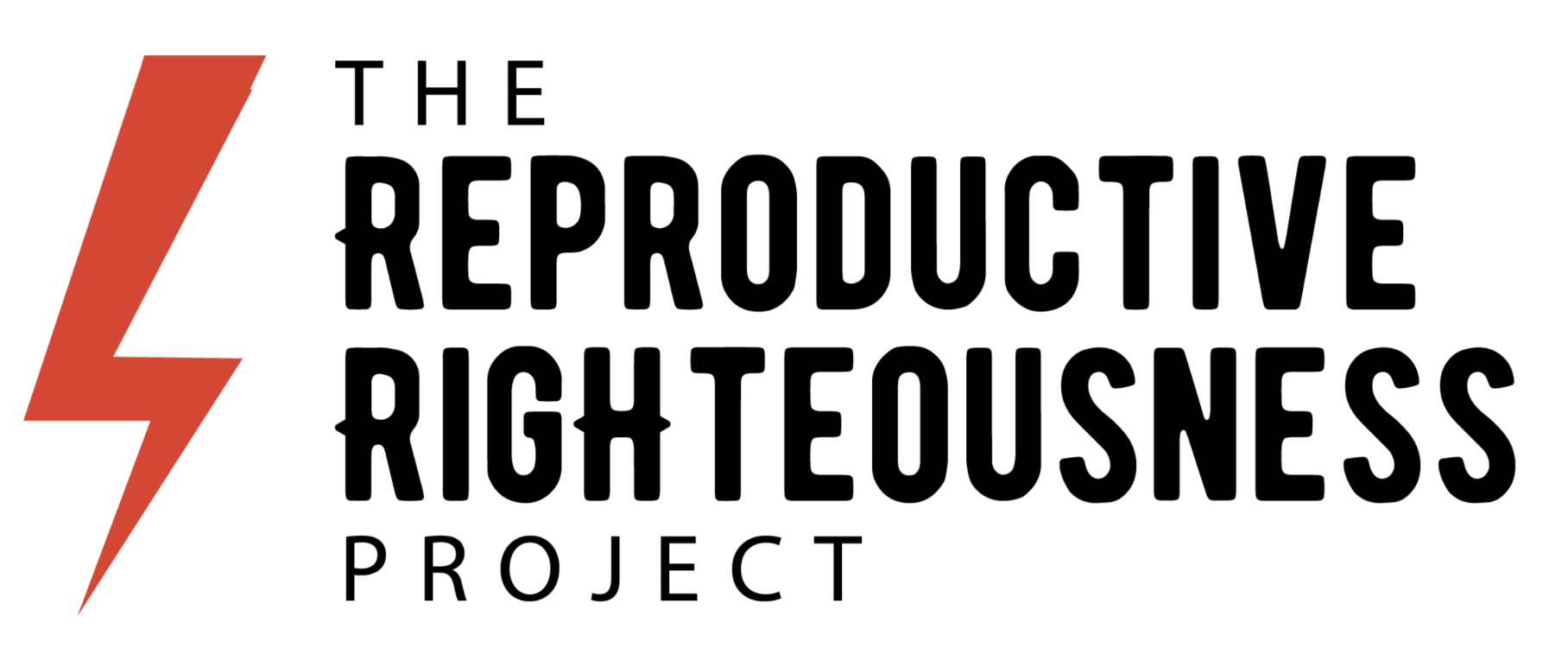
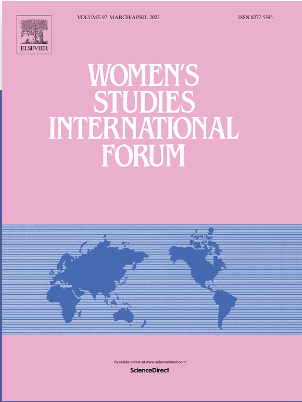
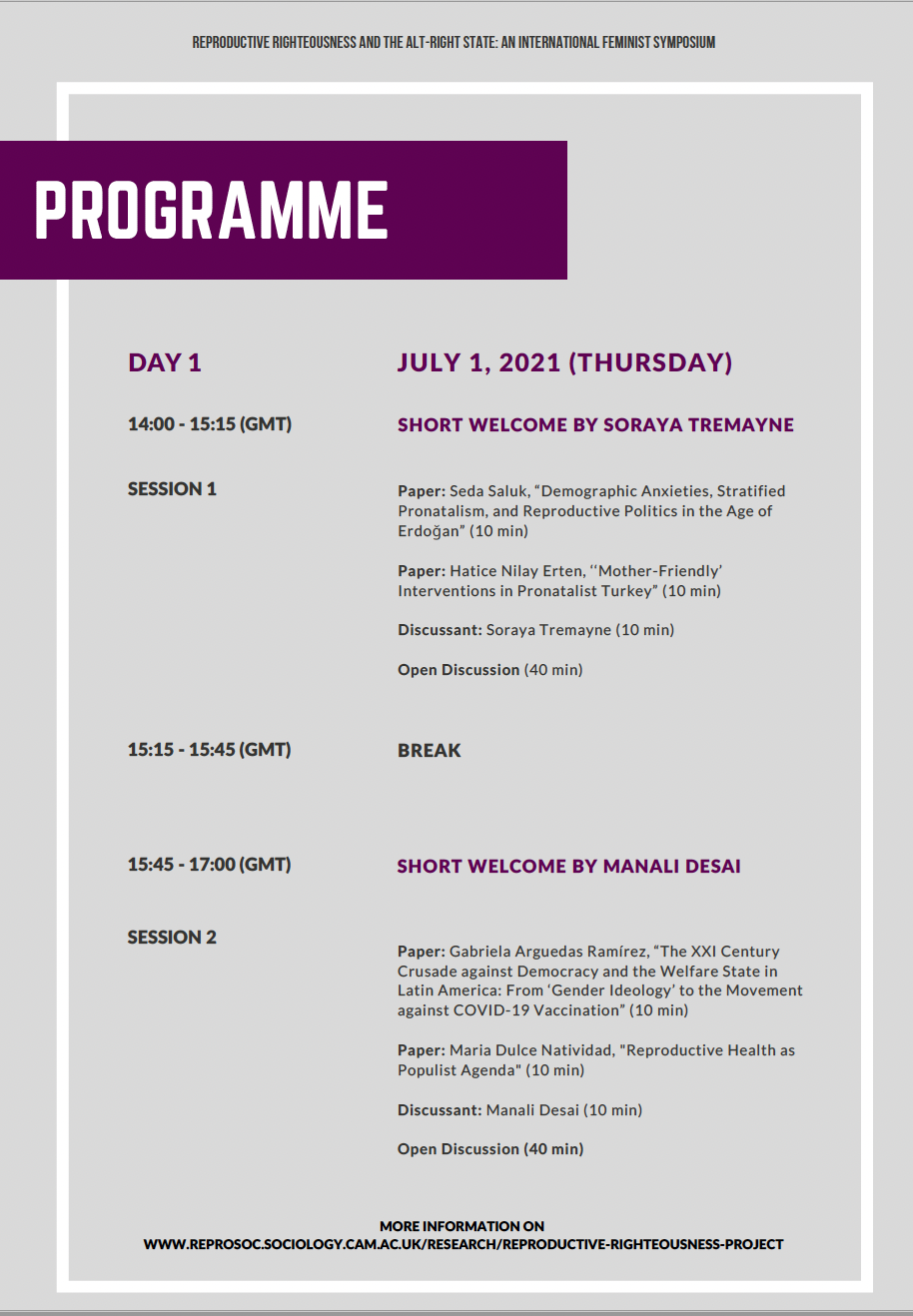
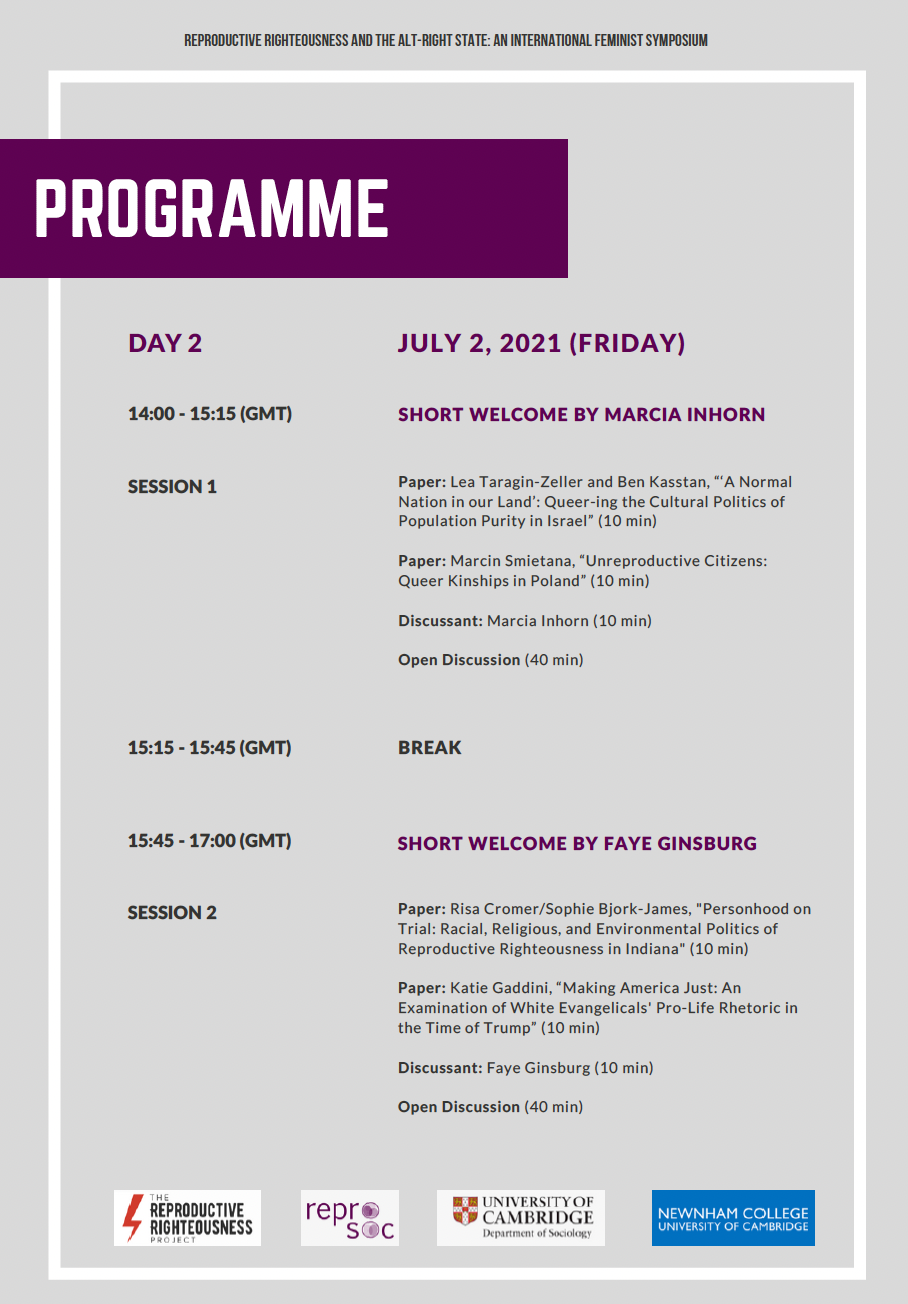
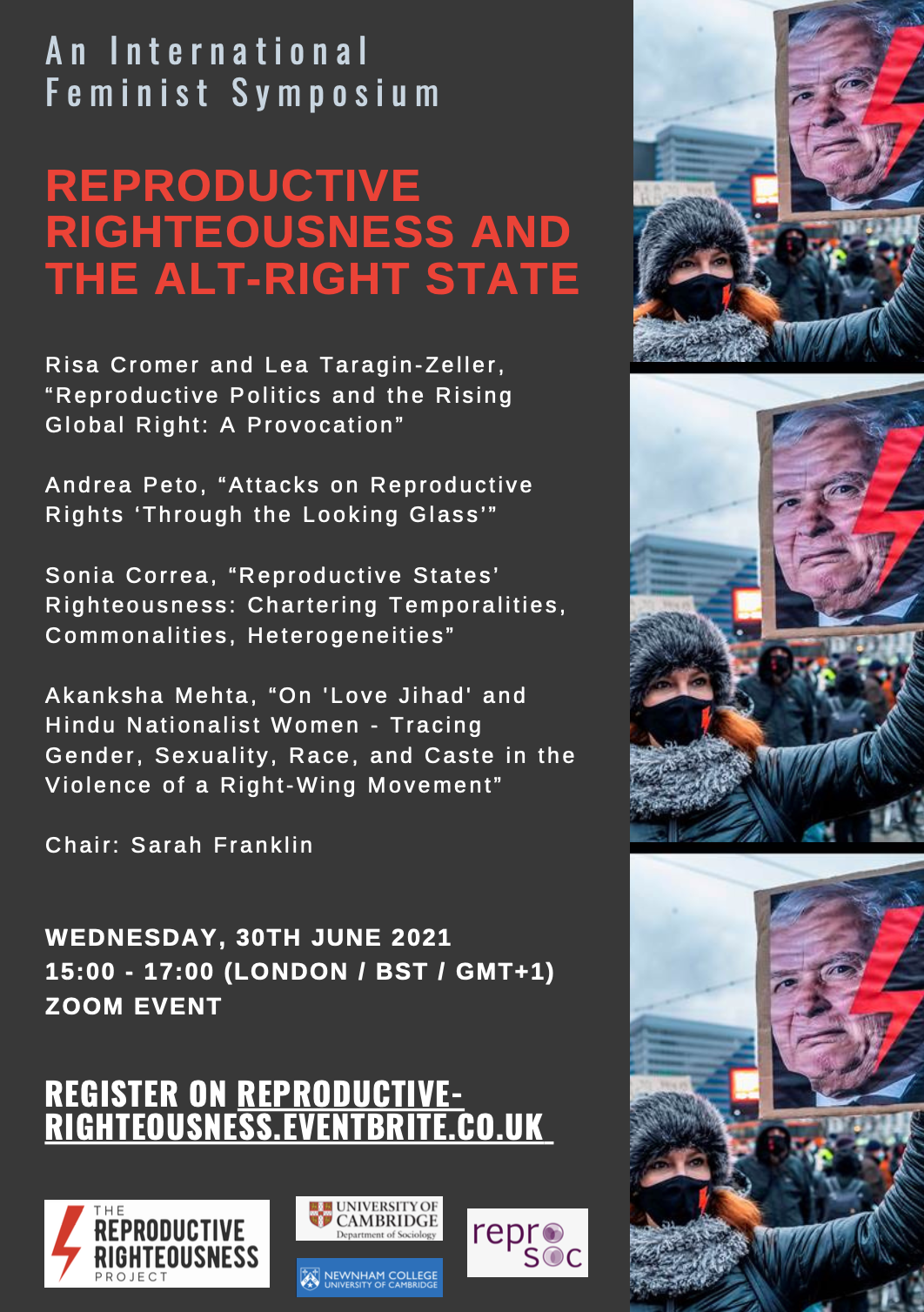
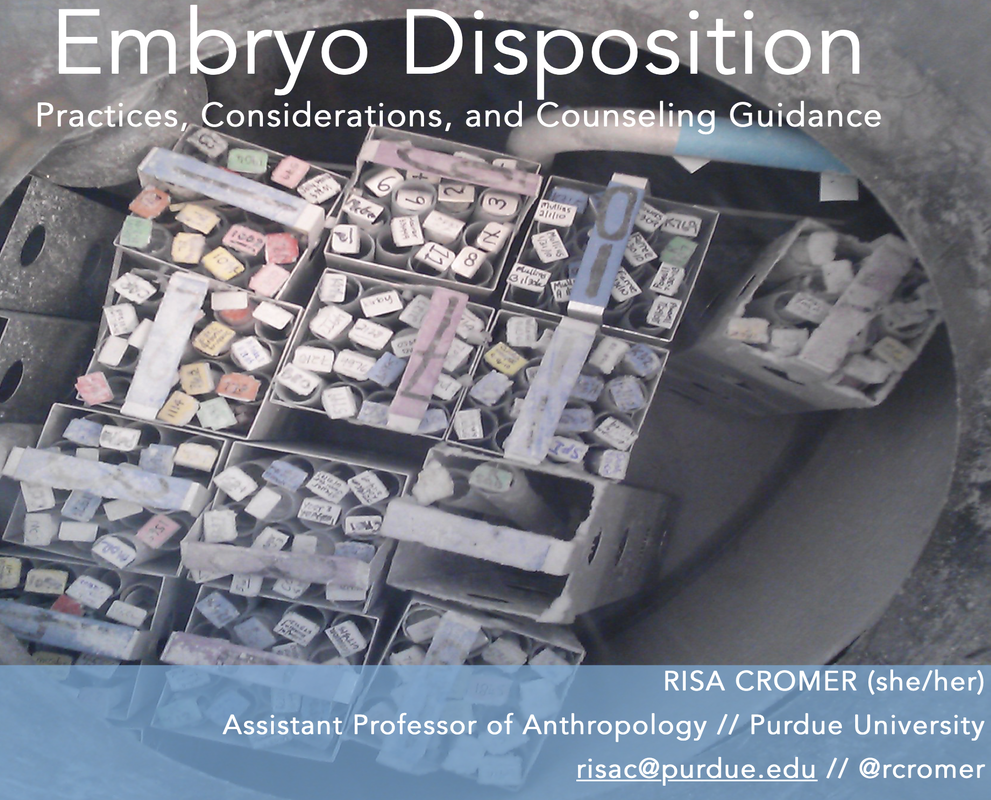
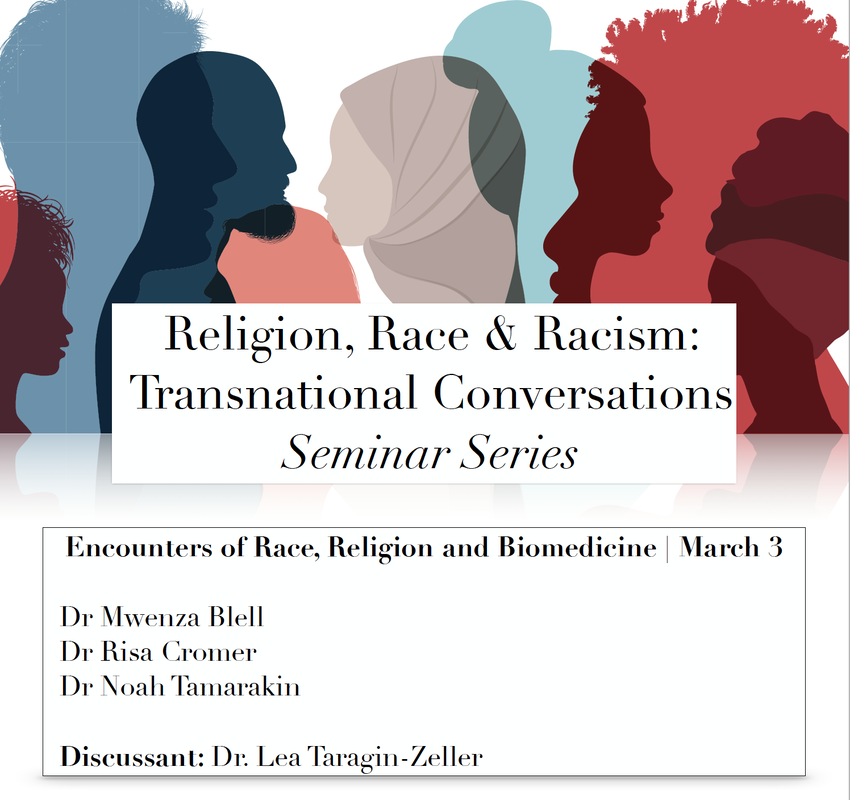
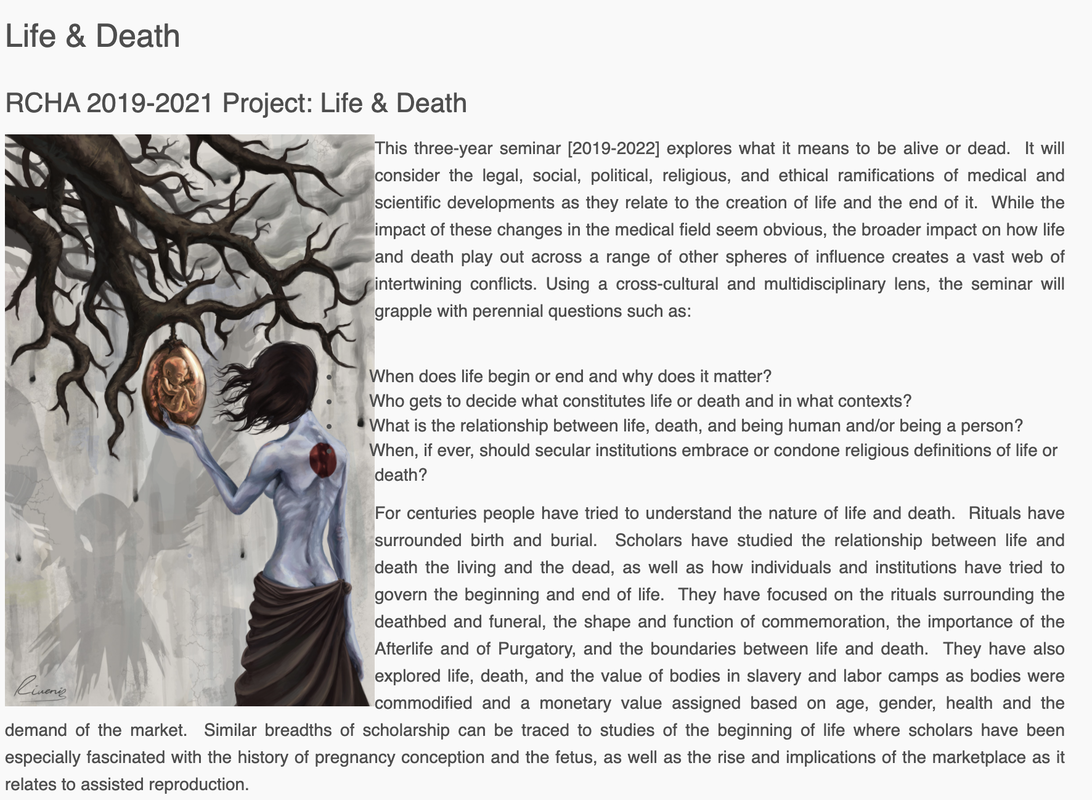
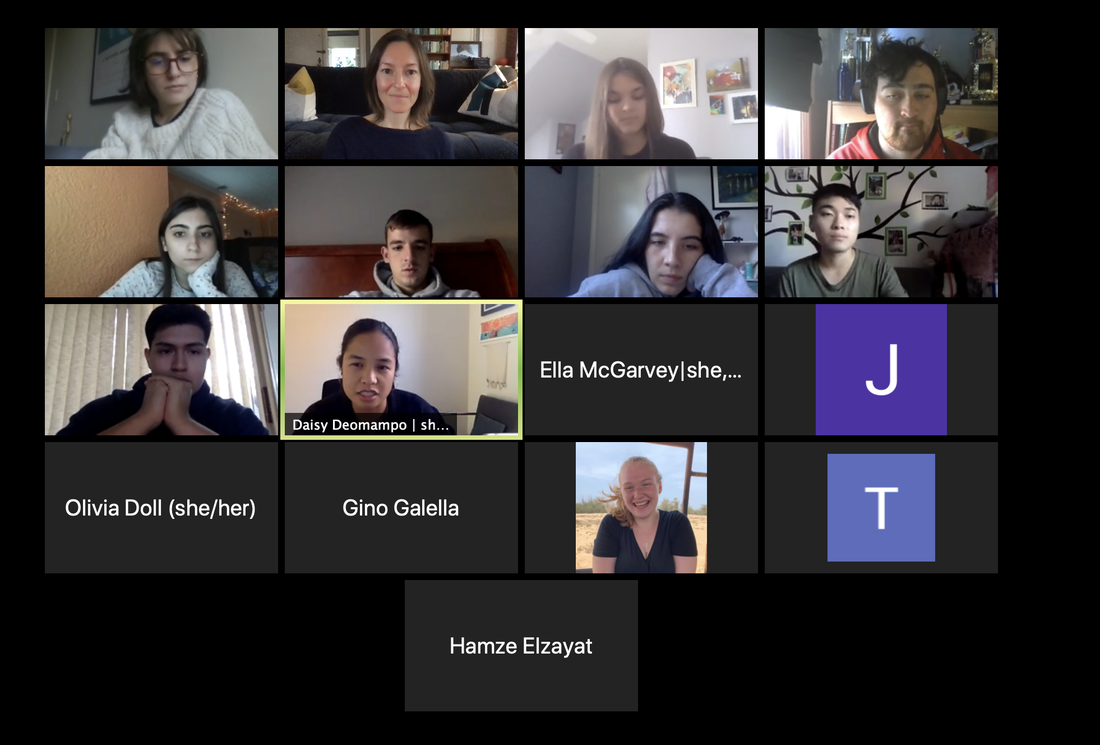
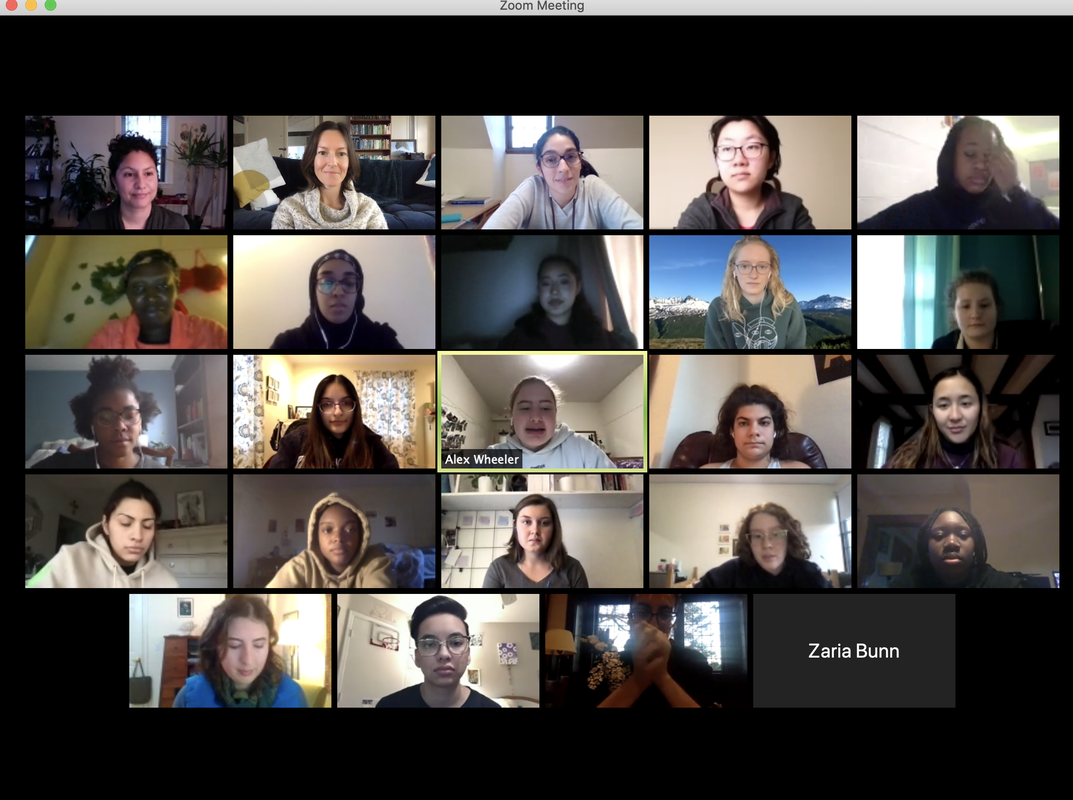

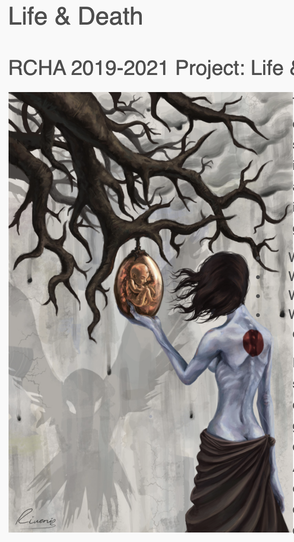
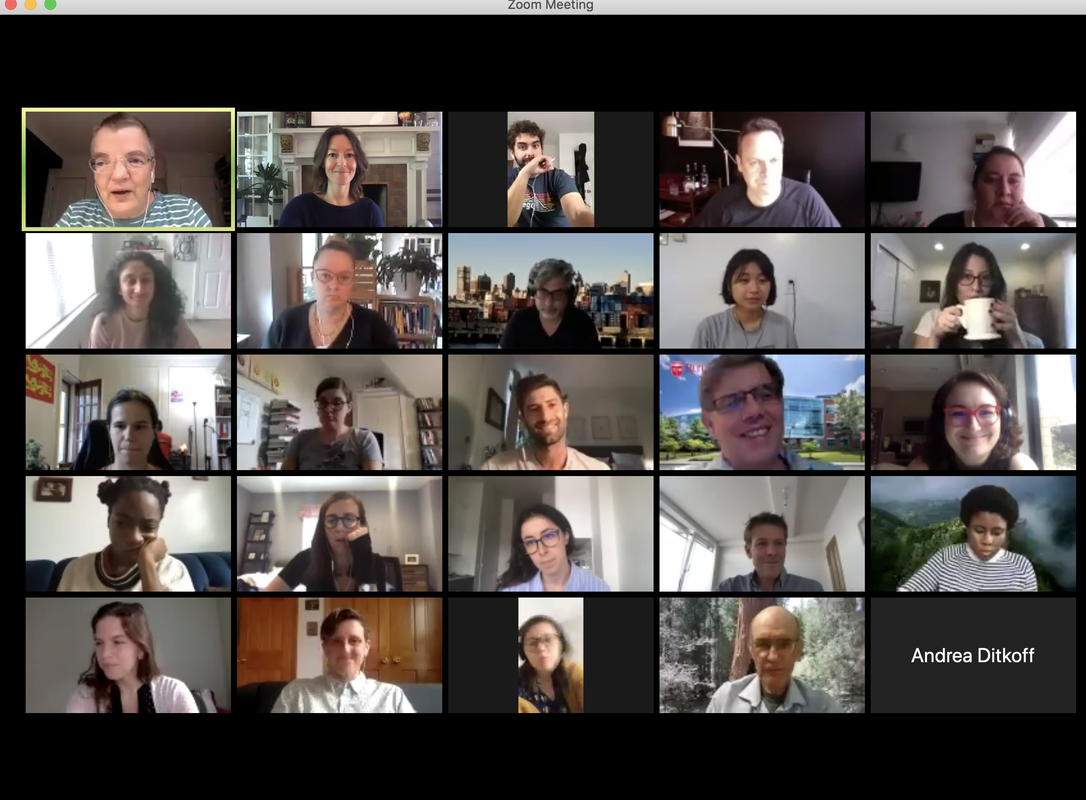
 RSS Feed
RSS Feed